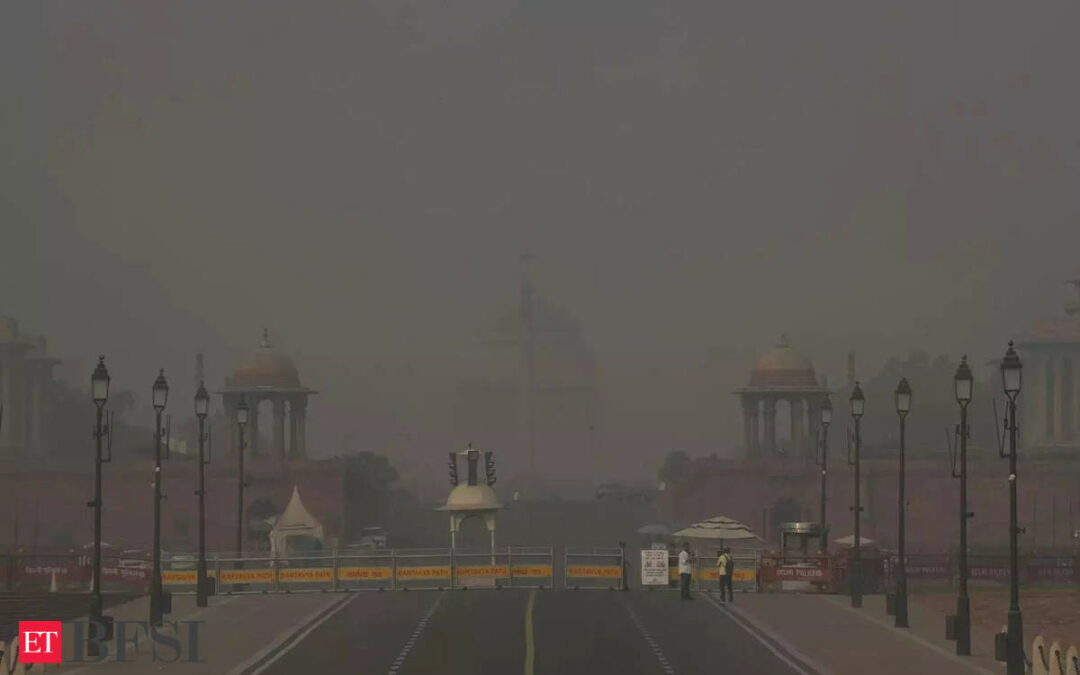The prevailing smog in the Delhi-NCR region worsening the Air Quality Index (AQI) has raised an alarming situation for businesses as it has disrupted factory operations, delayed supply chains, and reduced worker productivity.
The northern regions of India, especially Delhi- NCR, have been hit by severe smog mainly caused by stubble burning and other factors.
Over 3.4 million MSMEs suffered due to the persistent smog
PHD Chamber of Commerce and Industry (PHDCCI) estimates that over 3.4 million micro, small, and medium enterprises (MSMEs) in Punjab, Haryana, and Delhi, employing nearly 7 million workers, have suffered due to the persistent smog.
Hemant Jain, President, PHDCCI said the combined GSDP of Punjab, Haryana and Delhi is approximately Rs. 30 lakh crore for 2023-24 at current prices.
“It will have less than 0.5% impact on GSDP of Northern States, including Punjab, Haryana and Delhi,” he said.
He mentioned that the additional impact on the health of the workers due to prolonged exposure to smog has affected factory productivity, which is further adding to delays in output, he said.
GRAP IV delays supply chains
The Commission for Air Quality Management (CAQM) issued directions for implementing stage IV of Graded Response Action Plan (GRAP) from Monday morning onwards.
GRAP is a set of emergency measures that kick in to prevent further deterioration of air quality once it reaches a certain threshold in the Delhi-NCR region.
Hemant Jain said the enforcement of Stage IV of GRAP in the National Capital Region (NCR) has affected the transportation, halting all construction and demolition activities in the area, impacting the industrial activities, leading to rise in costs of production and delay in supply chains.
“The additional impact on the health of the workers due to prolonged exposure to smog has affected factory productivity, which is further adding to delays in output,” he added.
Talking about the measures taken by the industry amid worsening pollution, Jain said the industry is taking proactive measures to mitigate the impact of smog by following health safety measures, installing air purification plants wherever possible, using cleaner fuel based vehicles and providing safety gears such as masks to the workers among others.










